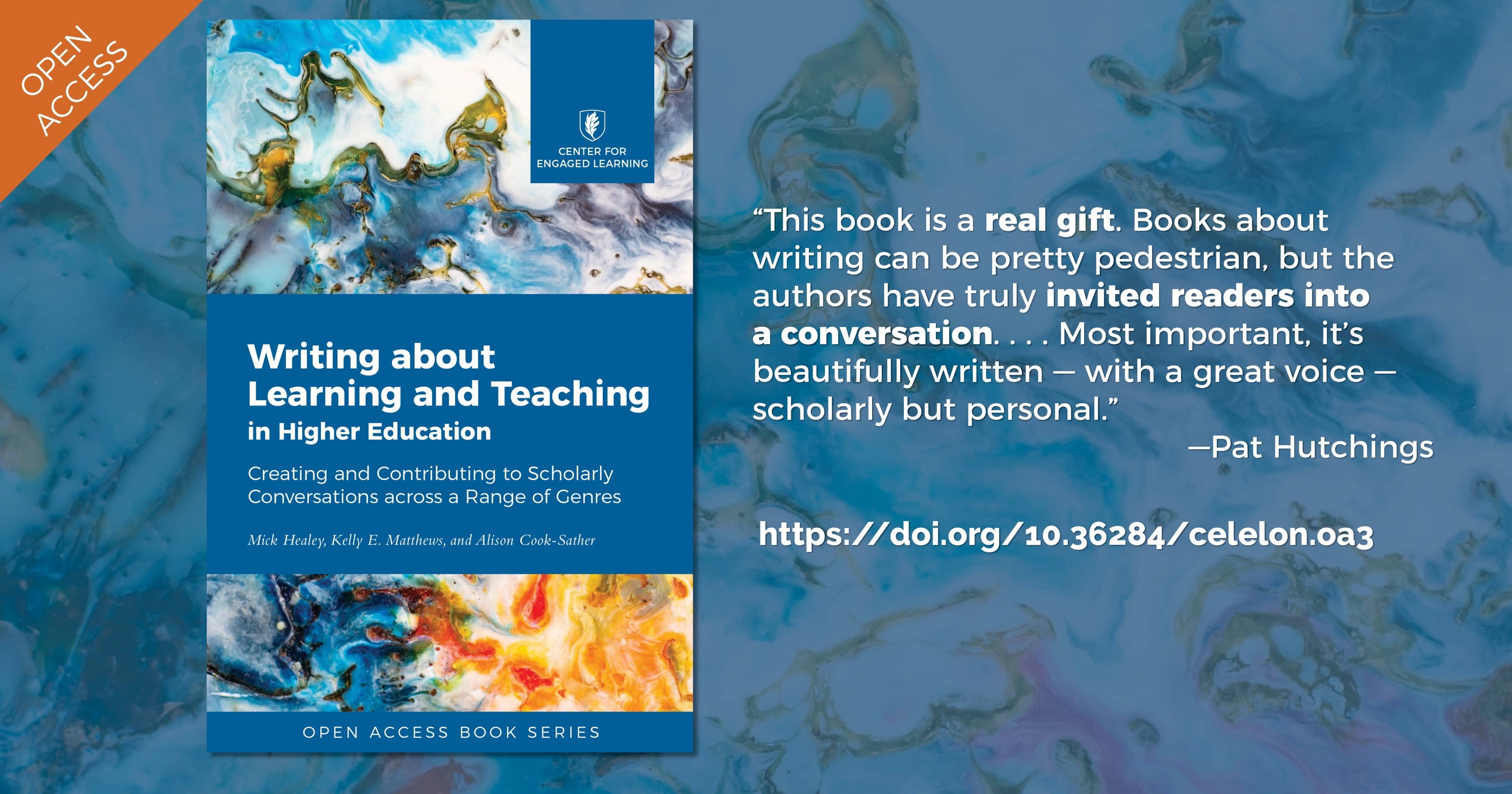Blog post – There is a lot to say about learning and teaching – why not write about it?
No one (I know) set out to achieve ‘navigating learning and teaching in a global pandemic’ at the start of the year. But how quickly we adjusted, and we now know that uncertainties disrupting planning and the familiar patterns of teaching will be with us into 2021. It seems important to pause and reflect as we have been so busy doing, reacting, and responding to the relentless demands of teaching, learning, assessment and educational administration – and why not reflect through writing?
Given the year we have had, there is much to discuss and understand—and maybe rethink—in relation to learning and teaching in higher education. I want to encourage you to write about it and, in particular, to consider to whom and how you might write about it. For instance:
- Reflective essays can capture, through both personal narrative and analysis, the work-in-progress of being a university teacher pivoting to online or managing hybrid modes of interacting with students.
- Rich case studies can present your learning from successes and failures or, in particular, from engaging with student partners in online curriculum co-creation.
- Empirical research articles let you draw on data you gathered from colleagues or from students in your courses.
- Stories of lived experiences of navigating work-life balance as an early career academic new to Australia from overseas can give others glimpses into your experiences and invite others to share their own.
- A blog post can quickly broadcast ‘what worked’ from your professional society’s website (or the ITaLI website), sharing inclusive practices to engage equity-seeking students at a distance.
- A theoretical treatise affords you the opportunity to argue for an ethic of care in the context of digital pedagogies.
- An opinion piece lets you imagine a new future for learning.
The possibilities for exploring university educational practices in 2020 seem endless.
How will you contribute to the ongoing conversation about learning and teaching in higher education?
Whatever you decide, I have an open access (free) book to support your writing efforts: Writing about learning and teaching in higher education: Creating and contributing to public scholarly conversations across a range of genres.

My co-authors, Mick Healey (UK) and Alison Cook-Sather (USA), and I offer practical frameworks for writing across a range of genres. We spend some time discussing the identities of academics as writers and what that means for writing about learning and teaching. Contributing to scholarly conversations through different genres of writing is familiar territory for most, yet writing outside of the discipline to focus on learning and teaching is not. Summon your courage. Reflect and think critically about what you want to say. And give voice to your experiences, stories, research, and views on what it has meant to be a university teacher/specialist educational designer/curriculum leader in a global pandemic. Contribute to the wider conversation and use writing as an opportunity to pause and reflect on a year that will stay with us for years to come.
Healey, M., Matthews, K. E., & Cook-Sather, A. (2020). Writing about learning and teaching in higher education: Creating and contributing to public scholarly conversations across a range of genres. Center for Engaged Learning Open-Access Books, Elon University, USA.
All members of the UQ Teaching Community are welcome to contribute a blog to be published on the ITaLI website and shared in our UQ Teaching Community Update newsletter. Contact italimarcomms@uq.edu.au to contribute or for more information.

